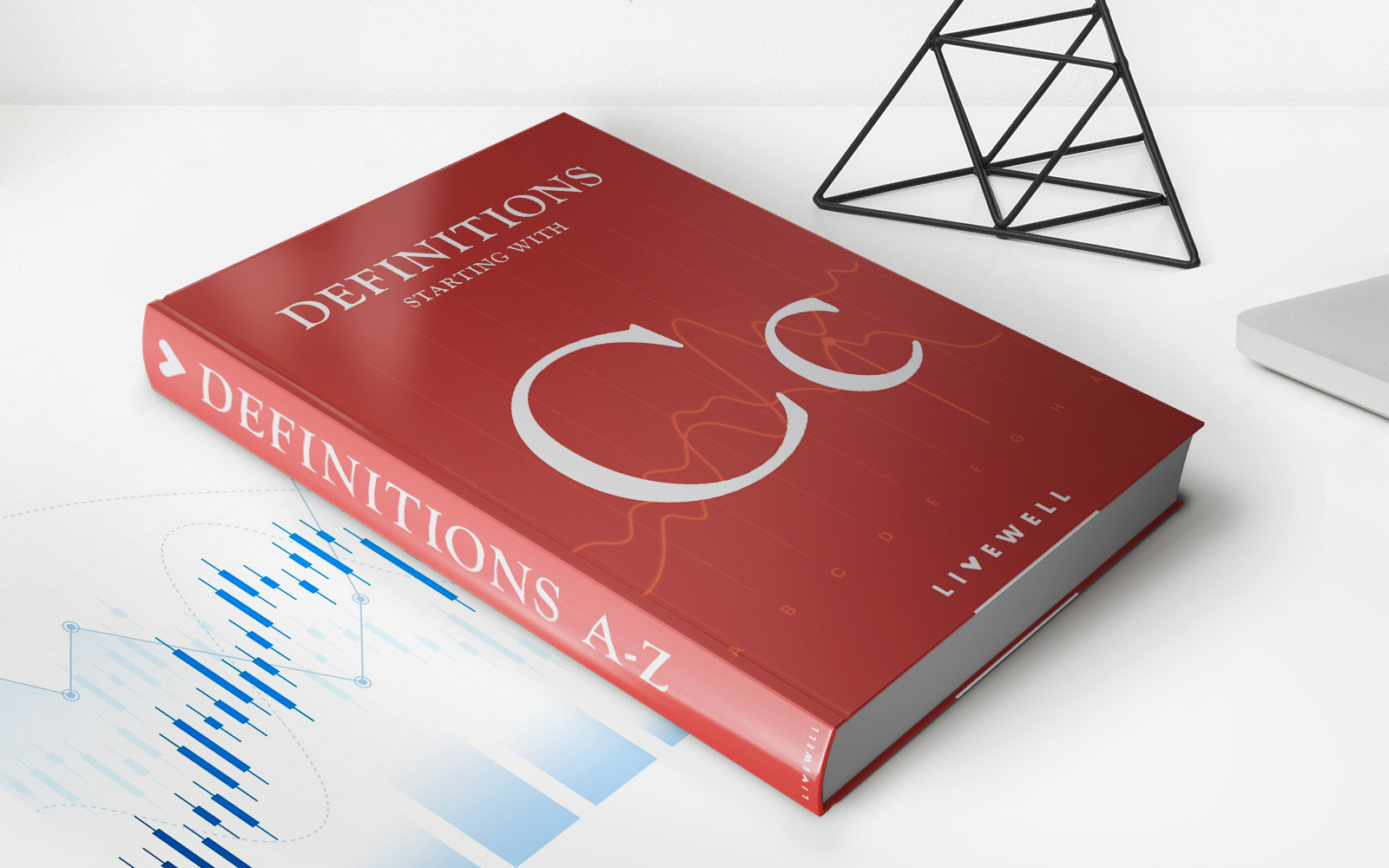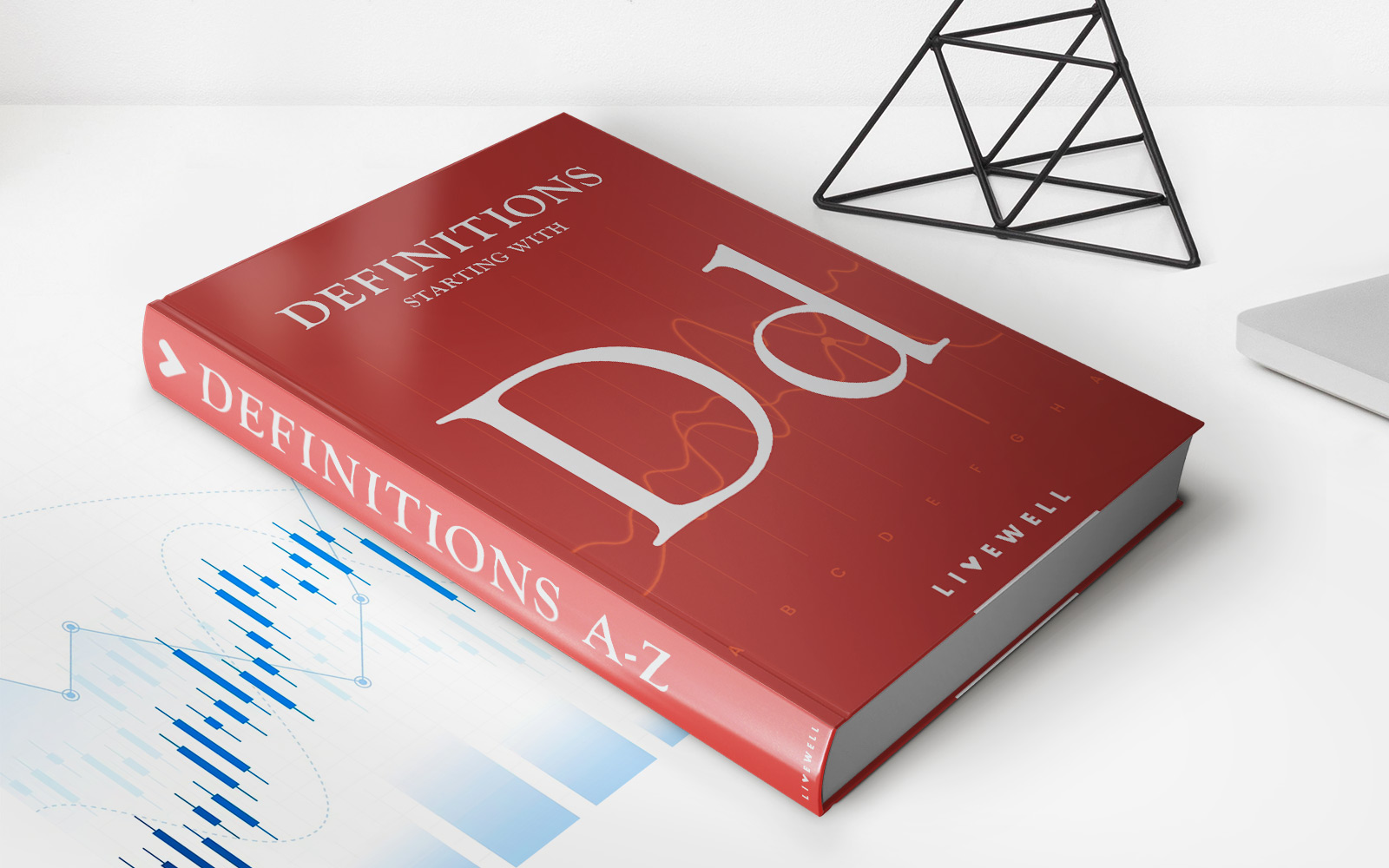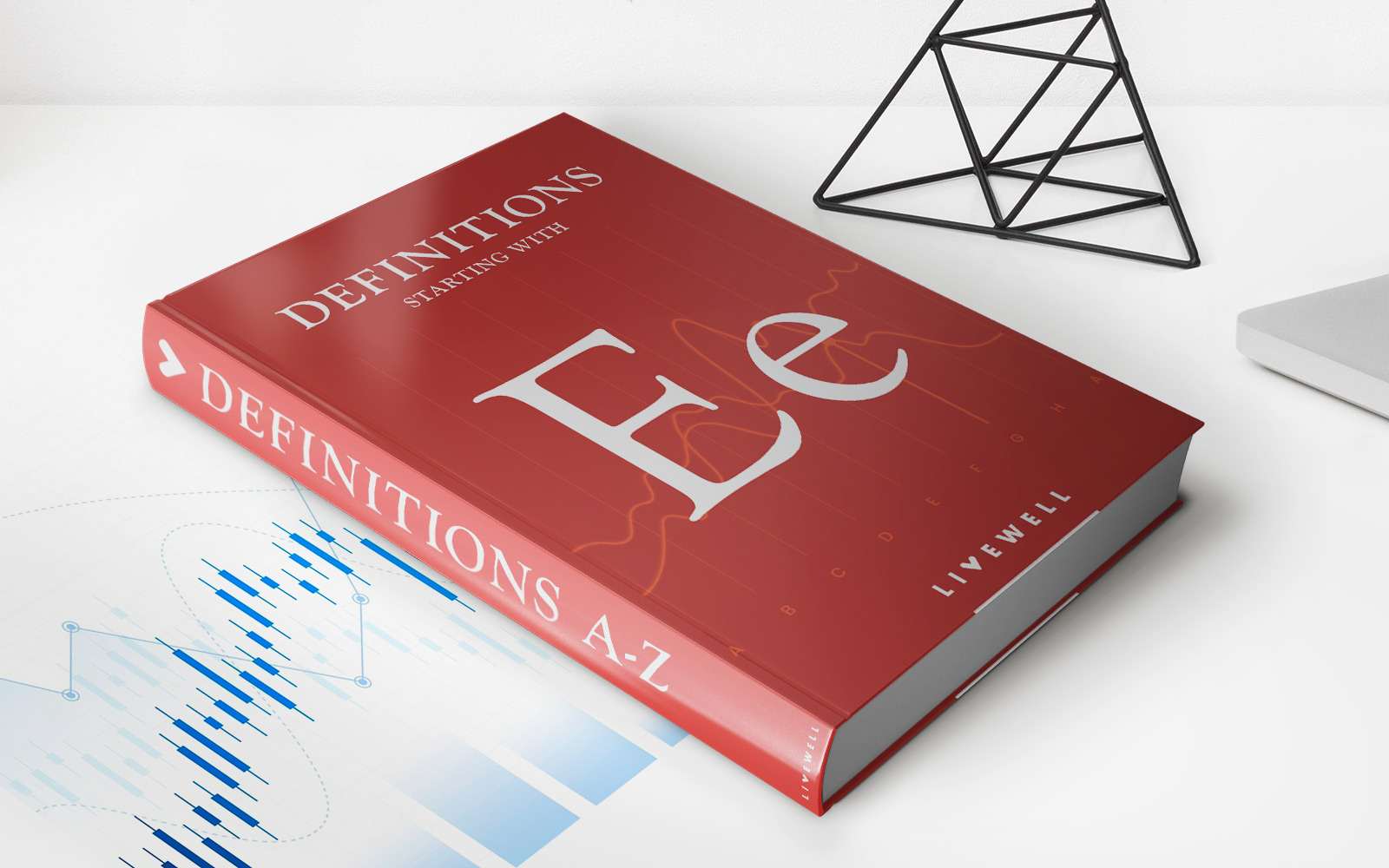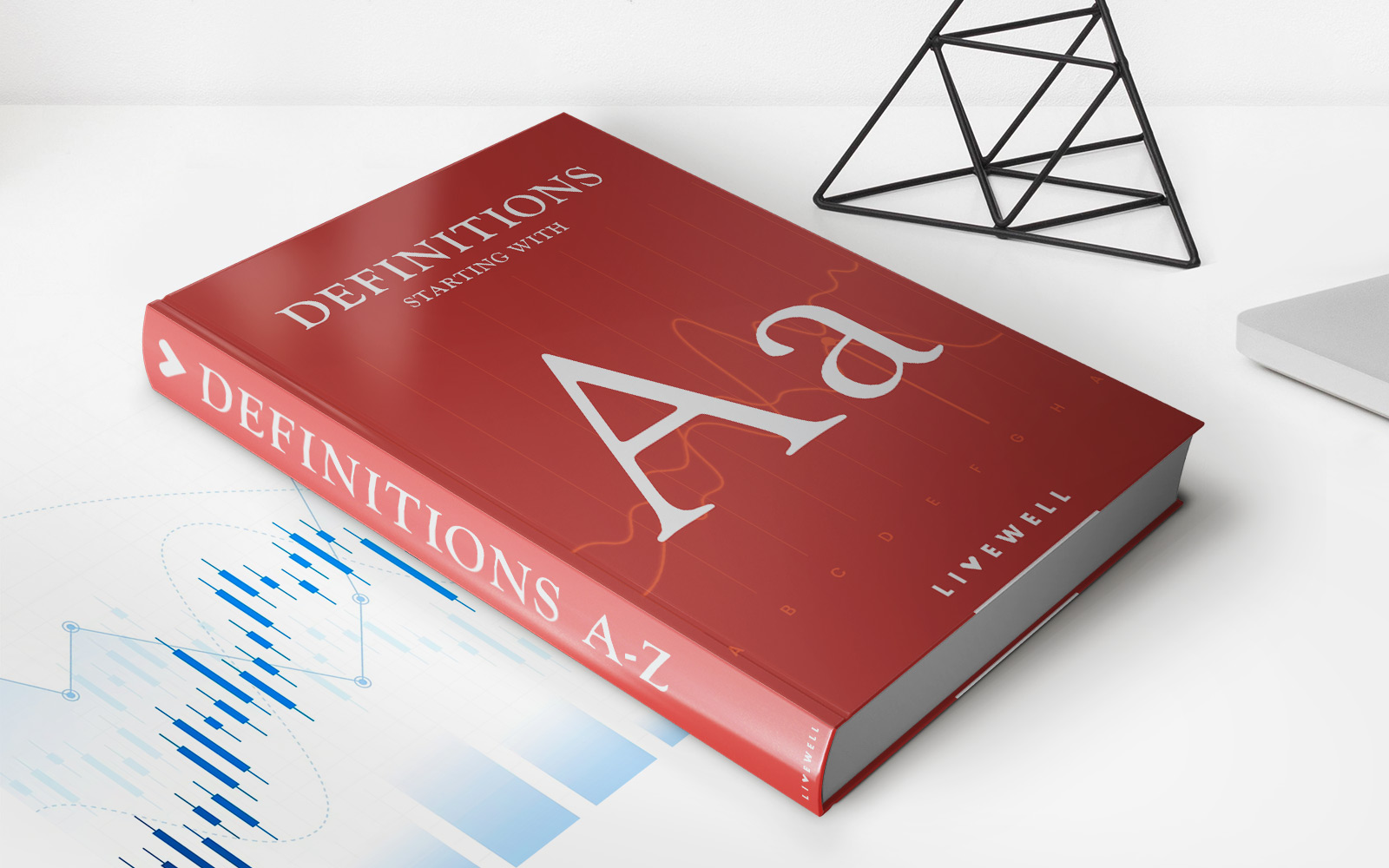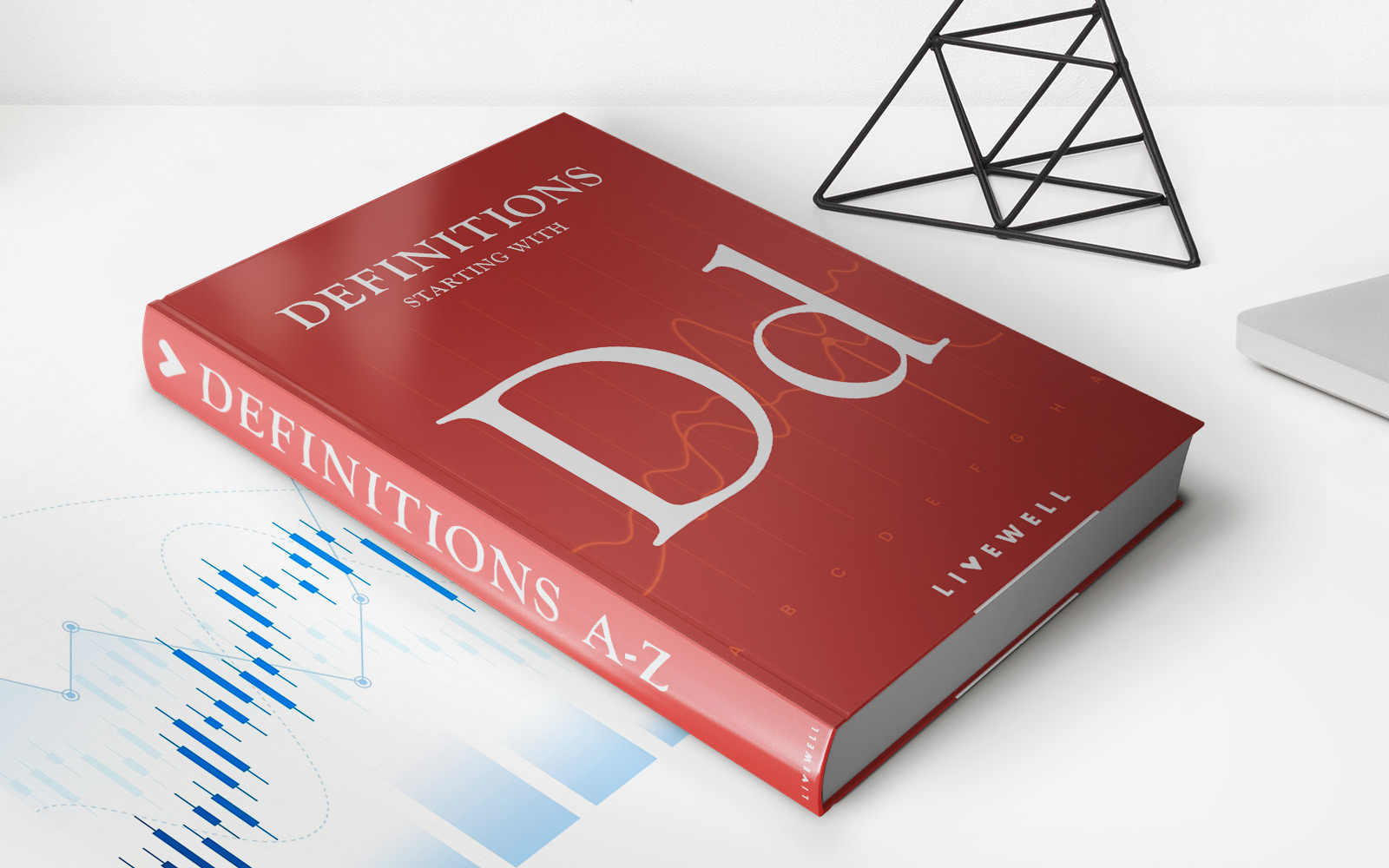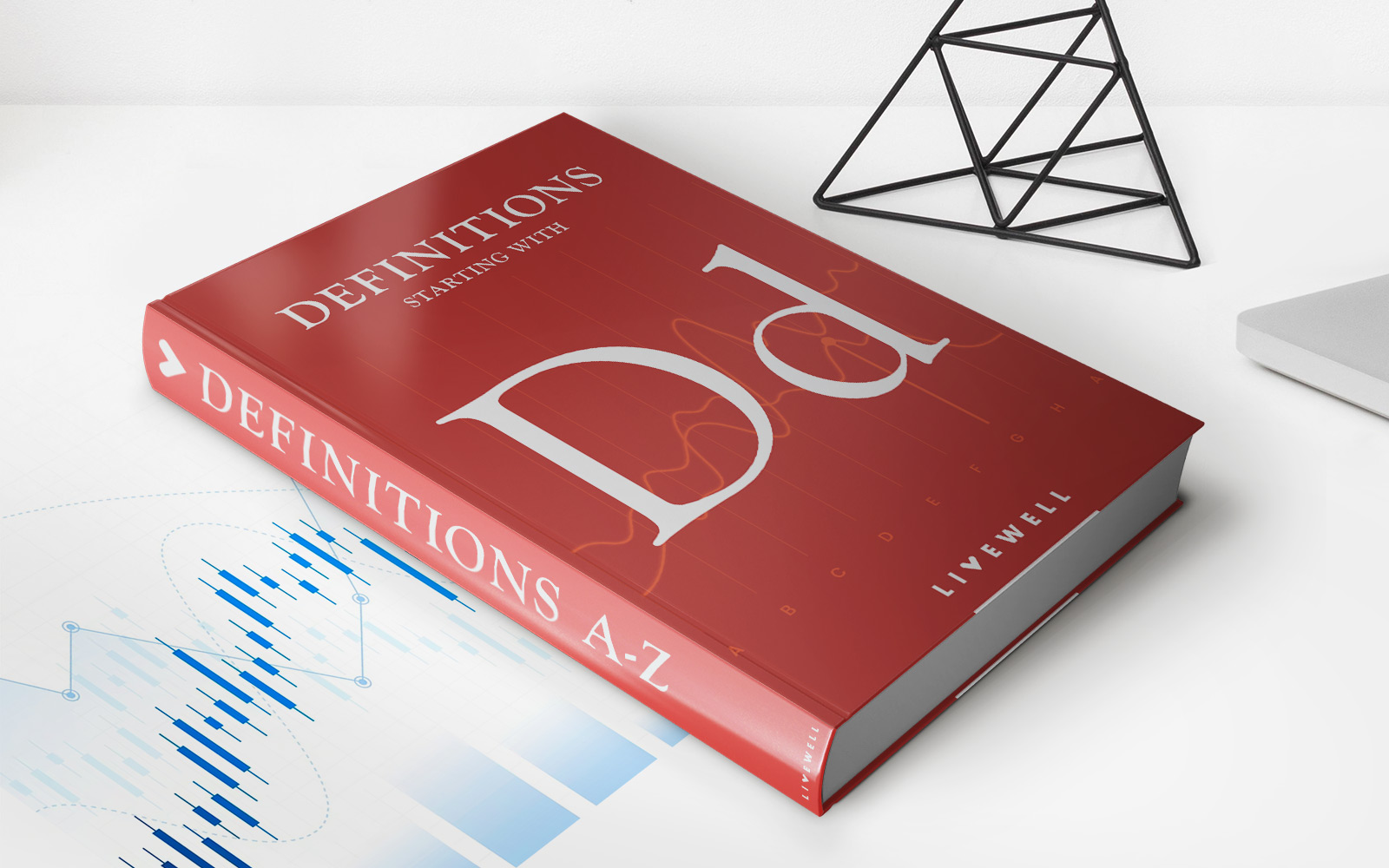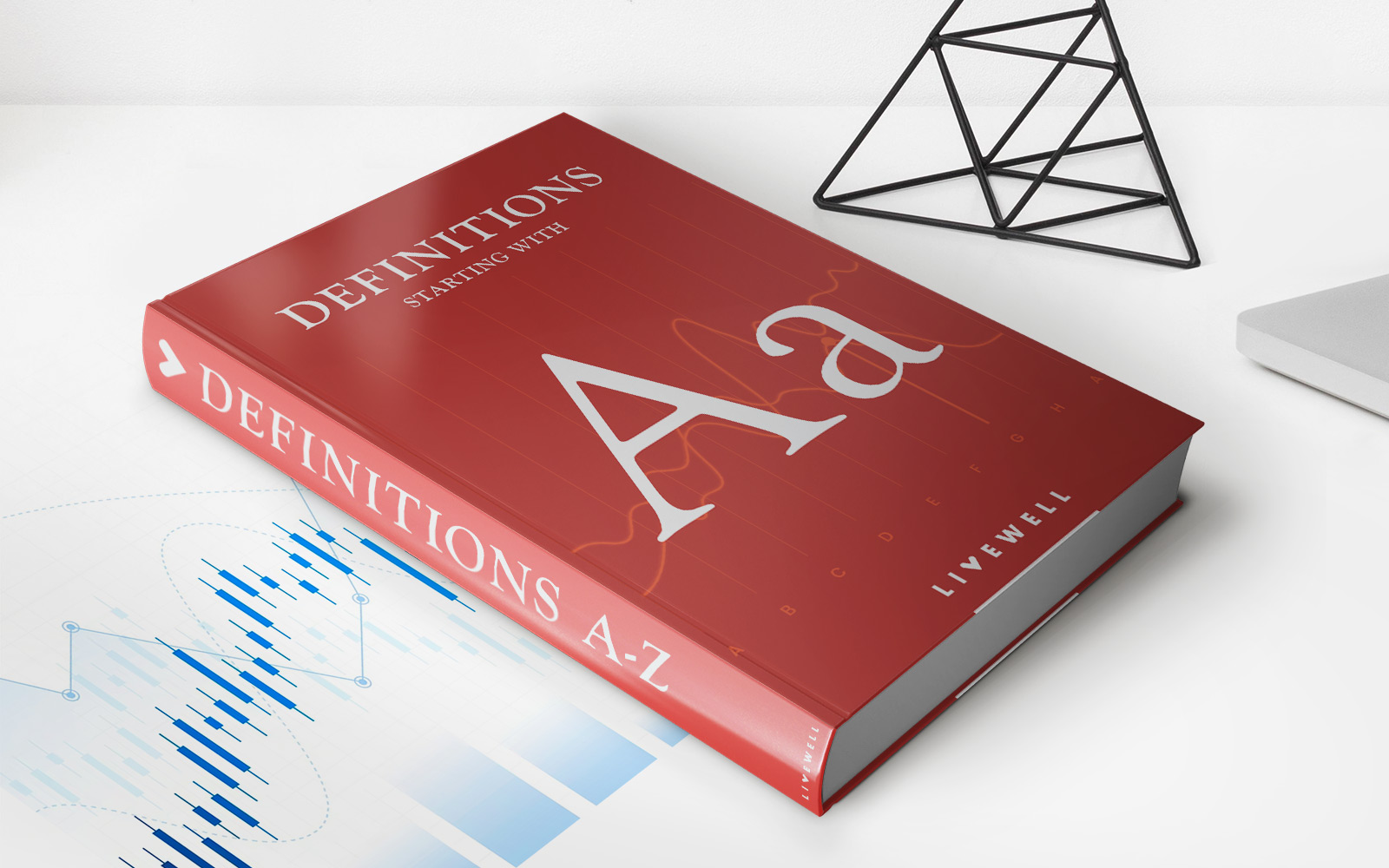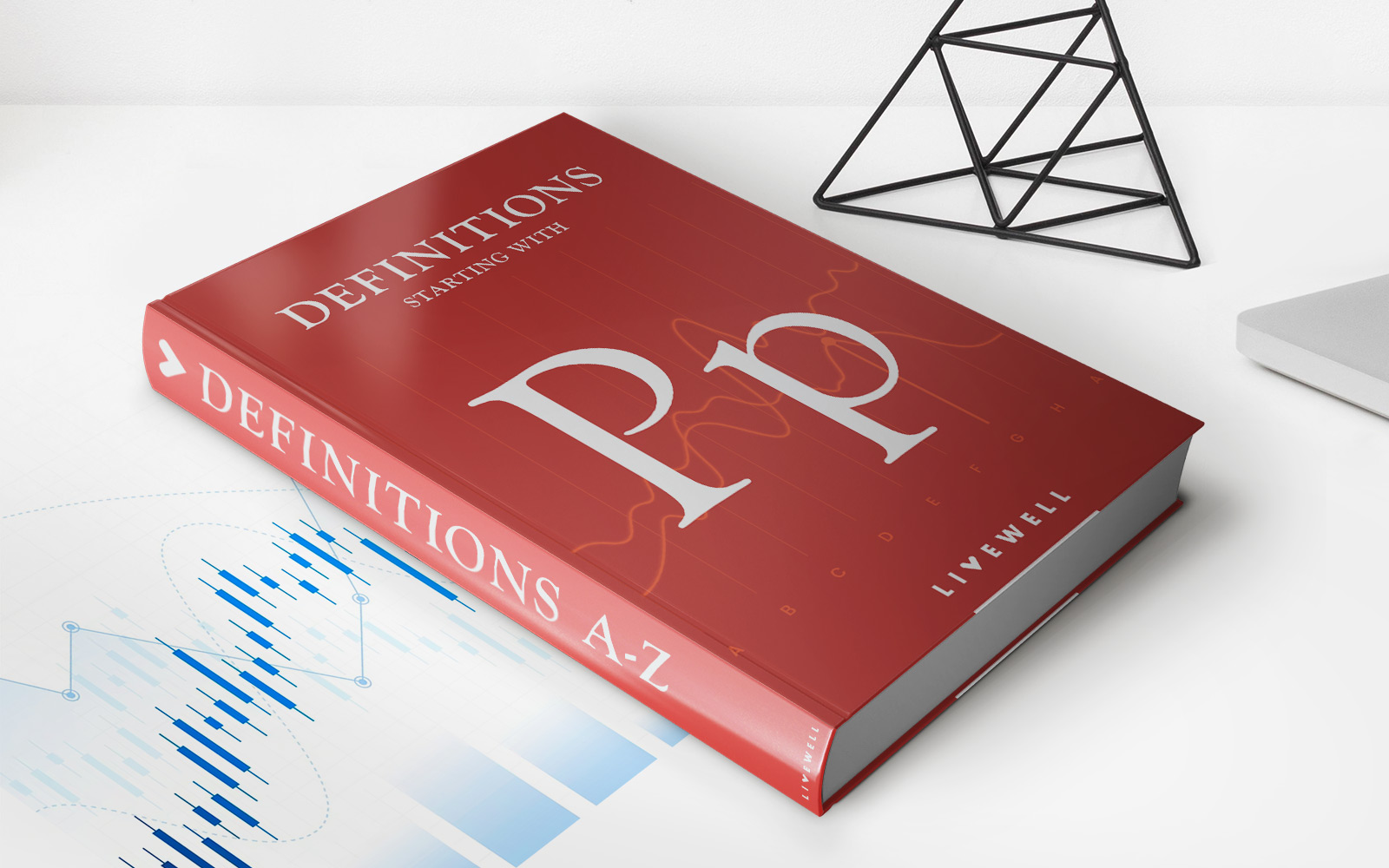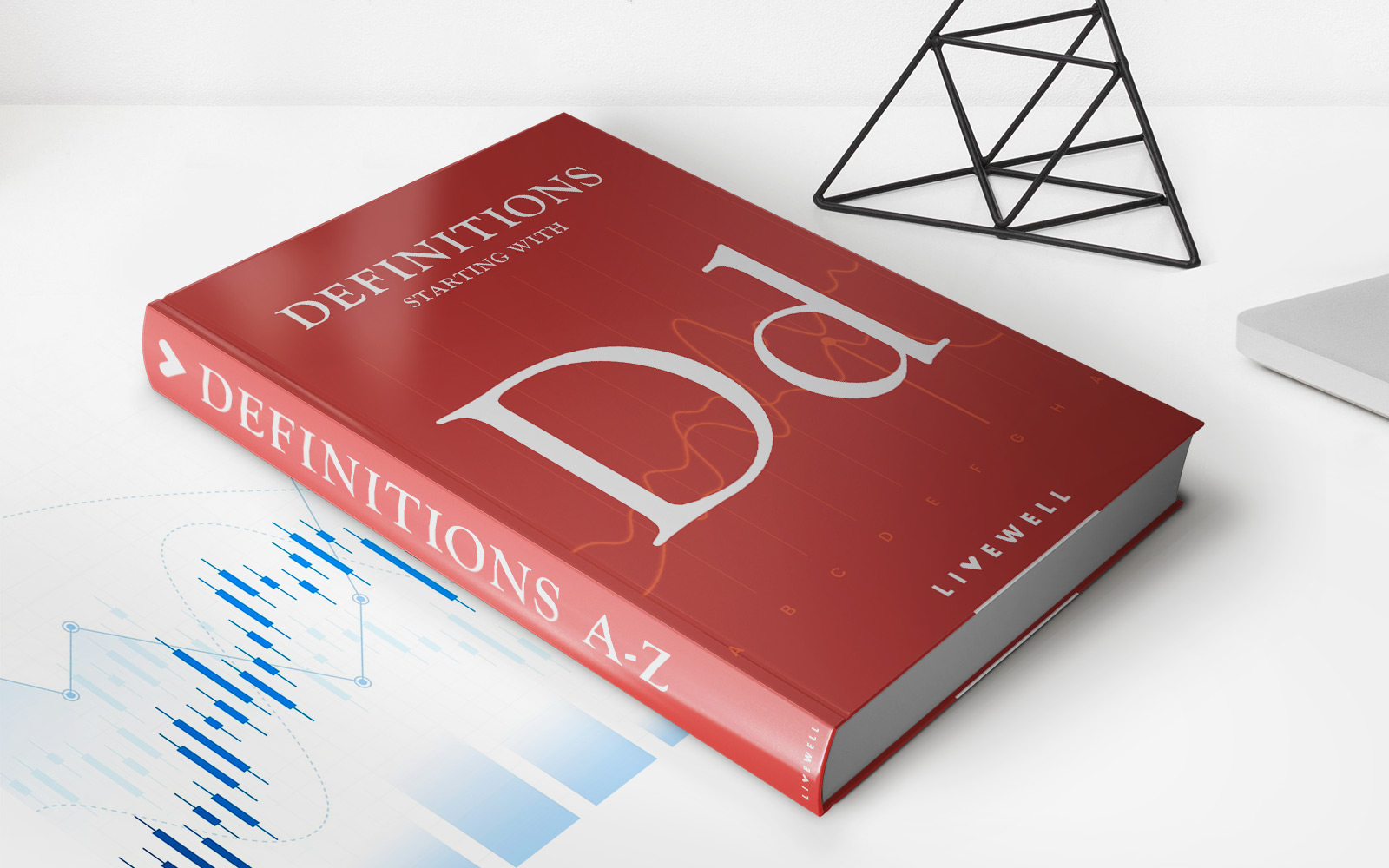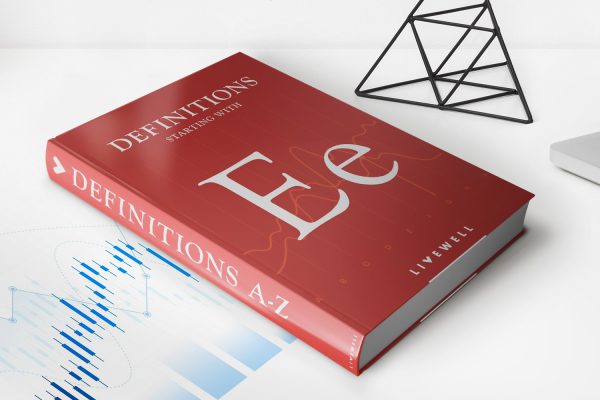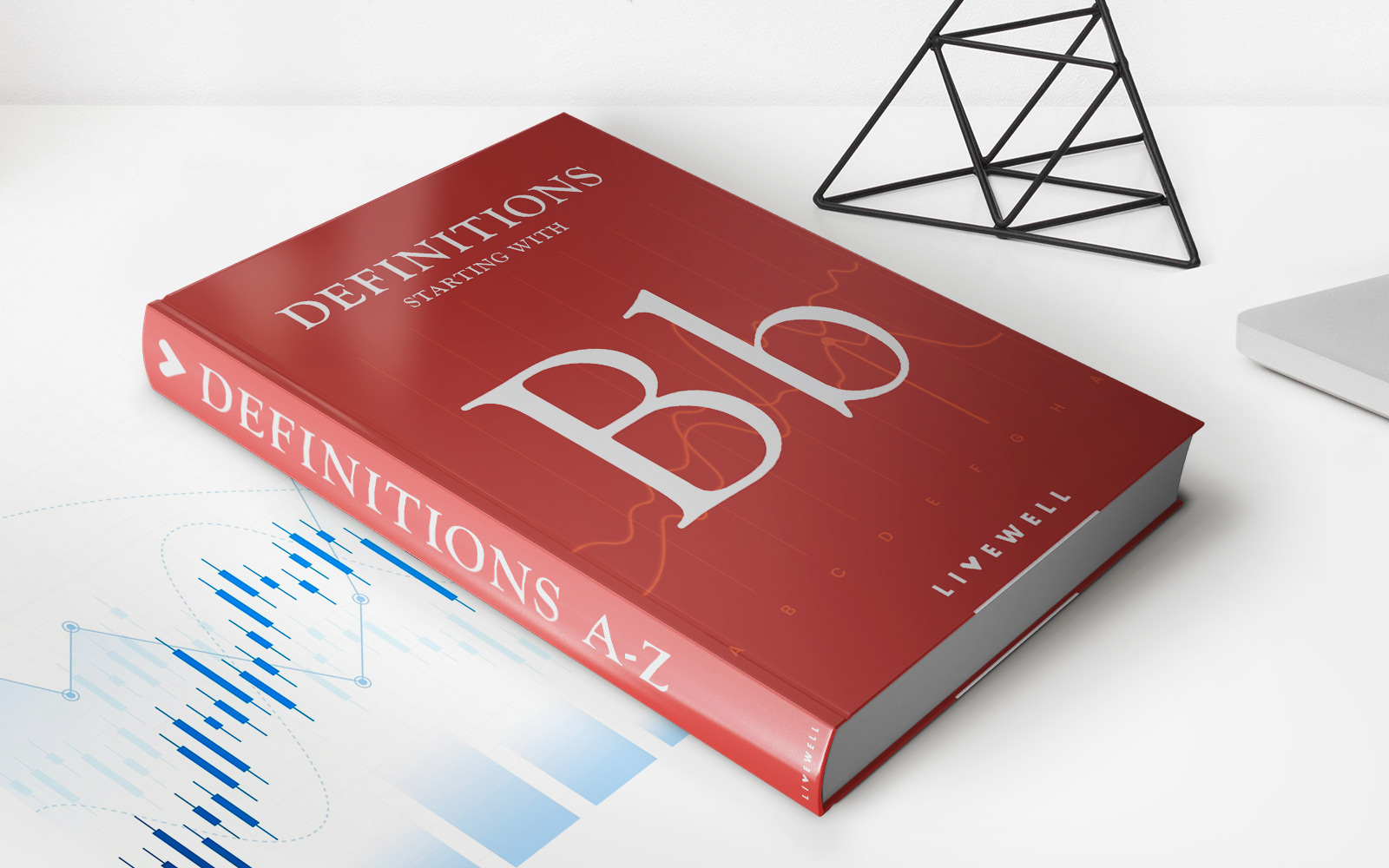Home>Finance>Due Process Defined And How It Works, With Examples And Types
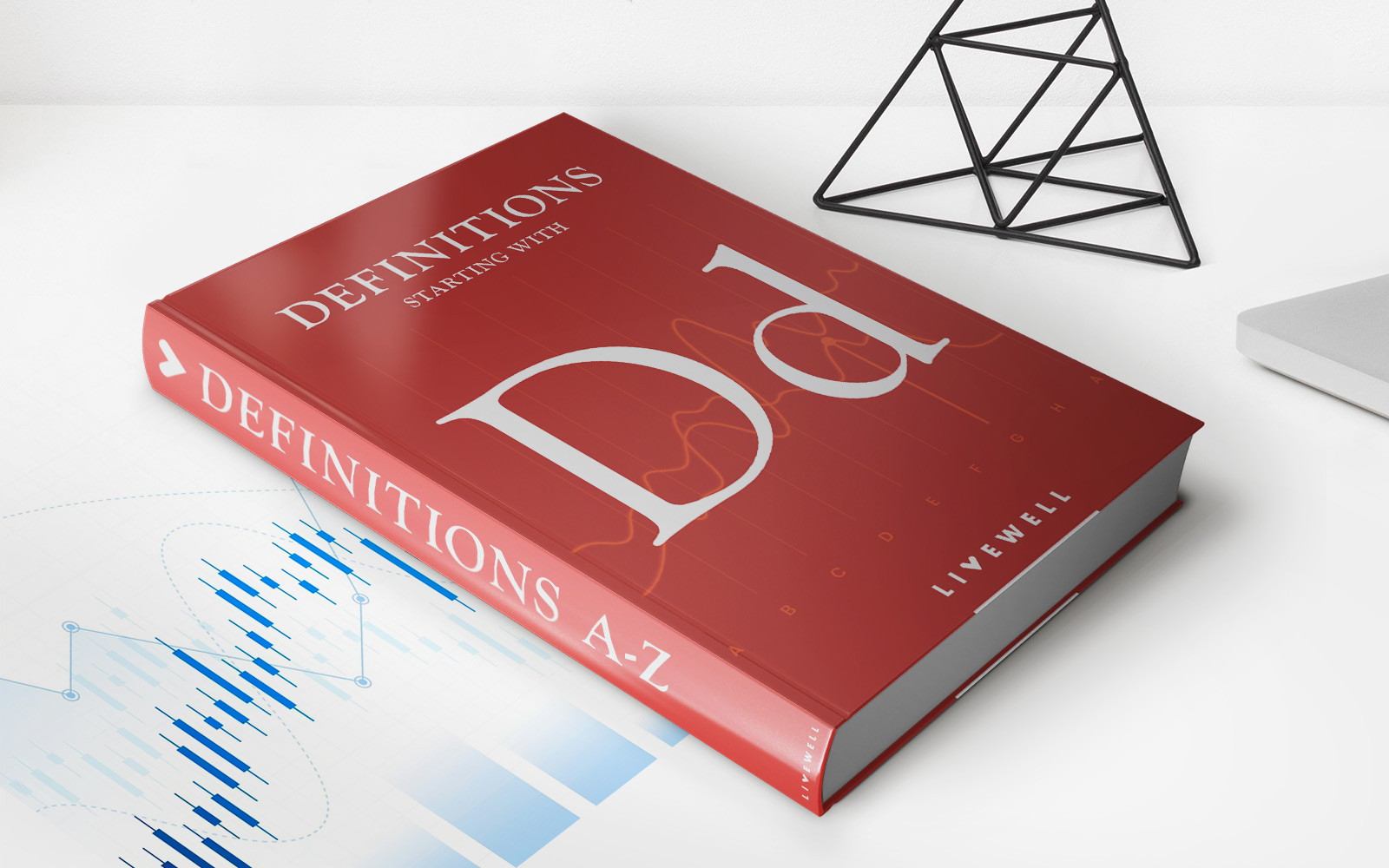

Finance
Due Process Defined And How It Works, With Examples And Types
Published: November 15, 2023
Discover the meaning of due process in finance, its functioning, and explore various examples and types to gain a comprehensive understanding.
(Many of the links in this article redirect to a specific reviewed product. Your purchase of these products through affiliate links helps to generate commission for LiveWell, at no extra cost. Learn more)
Understanding Due Process: A Guide to its Definition, Function, and Types
When it comes to the legal system, due process is a fundamental aspect that ensures individuals have the right to a fair trial and protection of their rights. But what does due process really mean and how does it work? In this blog post, we’ll delve into the concept of due process, define its meaning, explore its function, provide examples, and discuss different types of due process.
Key Takeaways:
- Due process is a legal principle that guarantees individuals fair treatment and protects their rights within the legal system.
- Due process consists of procedural and substantive rights that contribute to a fair trial, including notice, hearing, evidence, and an impartial decision-maker.
What is Due Process?
Due process refers to the legal principle that every person is entitled to fair treatment under the law. It ensures that individuals have the right to a fair trial and that their rights are protected throughout the legal process.
In essence, due process is designed to maintain a balance between the power of the state and the rights of the individuals. It ensures that no one is deprived of life, liberty, or property without the appropriate legal procedures being followed.
How Does Due Process Work?
Due process works by providing individuals with certain procedural and substantive rights, which include:
- Notice: Individuals must be properly informed about any legal actions or charges brought against them.
- Hearing: Individuals have the right to be heard and present their case before an impartial decision-maker.
- Evidence: Individuals have the right to challenge and present evidence in their defense.
- Impartial Decision-Maker: Individuals are entitled to have their case heard by a fair and unbiased judge or jury.
These rights ensure that individuals have the opportunity to defend themselves and be treated fairly within the legal system.
Examples of Due Process
To understand how due process works in practice, let’s consider a few examples:
- Criminal Trial: In a criminal trial, the defendant is provided with notice of the charges against them, has the right to a lawyer, and is given the opportunity to present evidence and challenge the prosecution’s case.
- Disciplinary Hearing: In a school disciplinary hearing, a student is provided with notice of the alleged misconduct, has the right to present their side of the story, and can question witnesses.
- Administrative Proceedings: In administrative proceedings, individuals are entitled to notice before any action is taken against them and have the right to appeal decisions made by administrative agencies.
Types of Due Process
Due process can be further categorized into two main types:
- Procedural Due Process: Procedural due process focuses on the fairness of the procedures followed in a legal case, ensuring that individuals are given notice, an opportunity to be heard, and access to a fair and unbiased decision-maker.
- Substantive Due Process: Substantive due process, on the other hand, focuses on the substance or content of the laws themselves, protecting individuals from arbitrary government actions that infringe upon their fundamental rights.
Both types of due process are crucial in safeguarding individuals’ rights and ensuring a fair and just legal system.
Conclusion
In summary, due process is an essential legal principle that guarantees fair treatment, protection of rights, and a balanced legal system. By providing individuals with procedural and substantive rights, due process ensures that everyone has an equal opportunity to be heard, present their case, and receive a fair and impartial decision. Understanding the concept of due process is vital in asserting our rights and upholding justice within society.

